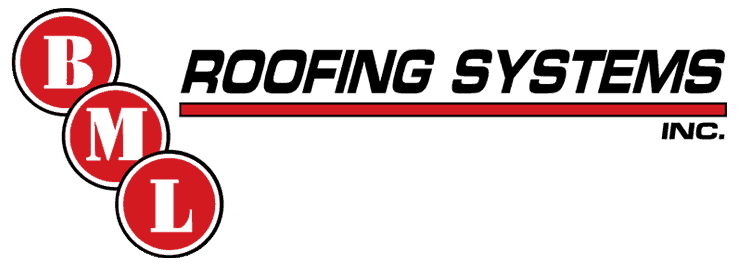Industrial Roof Maintenance Guide: The Basics of Commercial Roof Drainage
The high standards for industrial roofing mean only a few manufacturers can provide a quality project that will stand the test of Mother Nature. Through rain, snow, hail, storms, and heavy winds, you want your industrial roof maintenance team to cover all the bases from cleanup to roof drainage.
As most industrial roofs tend to be flat or slightly sloped, a drainage system is often required. The next time your London, Brantford, or Kitchener-based business is in the market for commercial roofs, don’t forget to add the drainage. Let’s talk about a major aspect of industrial roof maintenance: the drainage.
The Problems Roof Water Brings
In addition to looking unsightly from up above, roof water tends to collect in pools as the rain falls. Over time, water wears down on the insulation and top layers of the roof and can put pressure on its structure. Pooling also tends to harbor a variety of other problems:
- Mosquitoes tend to collect around standing water, carrying disease and potentially annoying your visitors.
- Birds may collect on the roof to drink.
- Plants and fungi, including algae, thrive in standing water, and they can contribute to clogs, odors, and general damage.
Types of Drainage
It’s no surprise then why industrial roof maintenance is something to invest in. Businesses often choose one of two systems for this purpose: gravity systems and siphon systems. The standard gutters you see in residential homes are not common for industrial purposes.
- Gravity systems are precisely what they sound like. They rely on gravity to move water away from the roof and onto the ground. In contrast to gutters, a gravity system often deploys internal drains on a flat roof similar to the drain in a shower. Also, the water tends to collect in an internal piping system.
- Siphon systems use atmospheric pressure to suction in roof water rather than relying on gravity alone. They can afford to use thinner piping and are easier to integrate with other components in the building than gravity systems. Siphon drains are far more effective as a result.
Materials Used in Drainage Systems
Regardless of what system you choose for your industrial roof maintenance, your choice of materials to produce the pipes and drains can matter quite a lot as well. Each one has its pros and cons, so choose carefully based on your business’s needs.
- Cast Iron: For a while, cast iron was the most popular material for roof drainage. It’s the most durable and often comes with internal coatings to prevent clotting. However, it’s also heavy and the most expensive option.
- PVC: A cheaper and lighter alternative to cast iron, PVC is gaining in popularity thanks to its flexible nature (making it easy to customize to your building’s shape) despite its lower strength than cast iron. One caveat to be aware of is that PVC releases toxins when it burns, so be careful in case of a building fire.
- ABS: ABS is somewhat similar to PVC but generally not recommended since it tends to degrade in the sun.
- Propylene: Another similar solution to PVC, propylene has the added benefit of not burning as well. It’s the lightest plastic material available and very popular for industrial applications.
Industrial Roof Maintenance | BML Roofing | London, Brantford, Kitchener
While you’re planning out your company’s next industrial roof, get in touch with BML Roofing. We’re one of Canada’s leading providers of industrial, commercial, and institutional roofing setups and have served hundreds of clients throughout London, Brantford, Kitchener, and other cities.
For the staff with nearly 50 years of experience and industry-leading workmanship, BML Roofing is the ideal industrial roof maintenance service for your business.
- Standing water attracts wildlife, harbors fungi and plant life, and can damage your industrial roof.
- For your industrial roof maintenance needs, ask your manufacturer about choosing the right system and materials for the job.
- BML Roofing has you covered for high-quality commercial roofing. Get in touch with us today.

